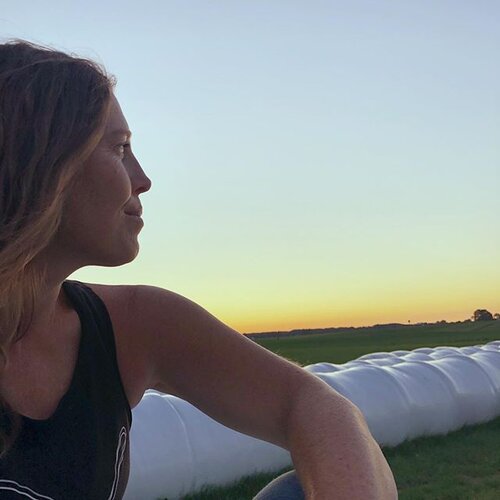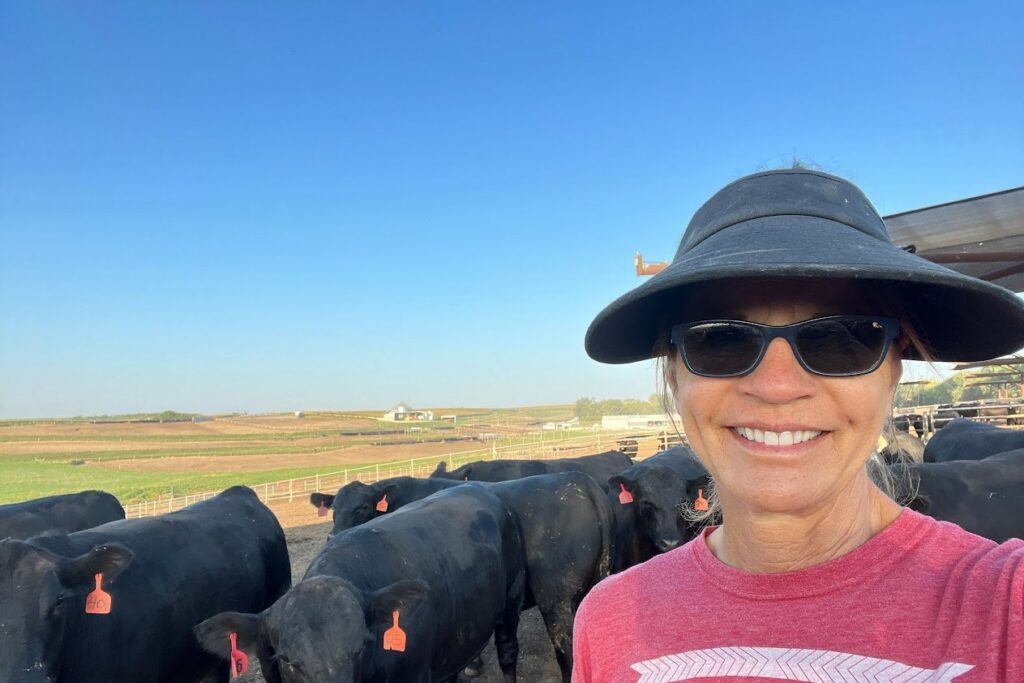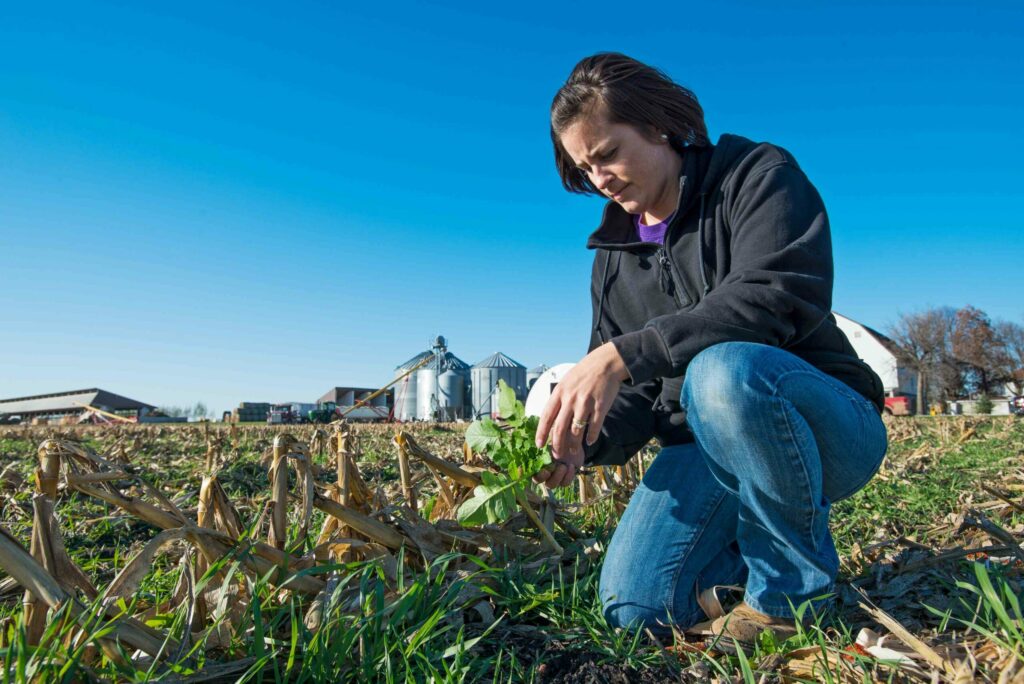Cattle Care Prodigy Laura Cunningham
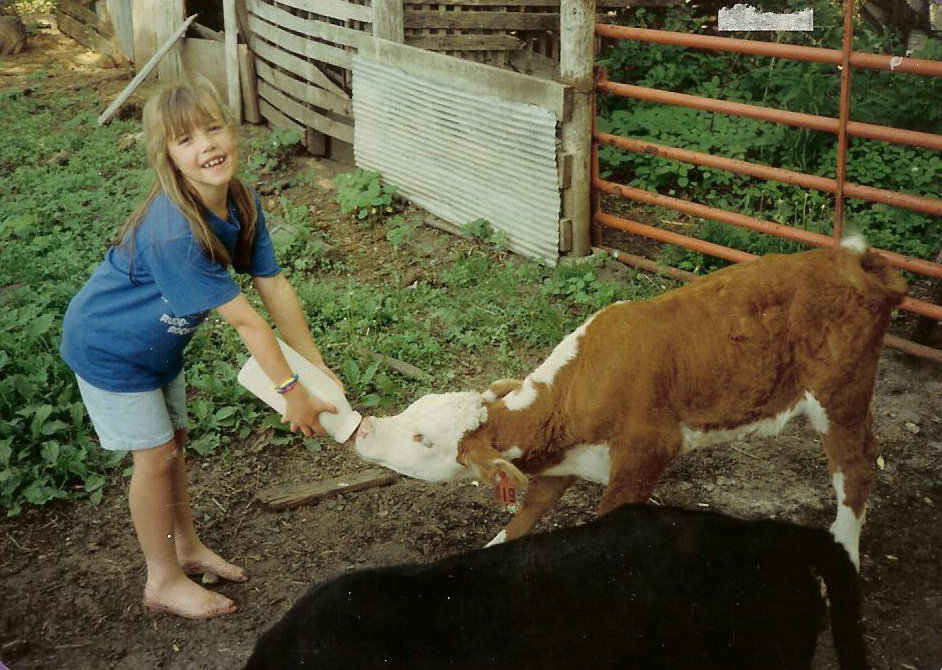
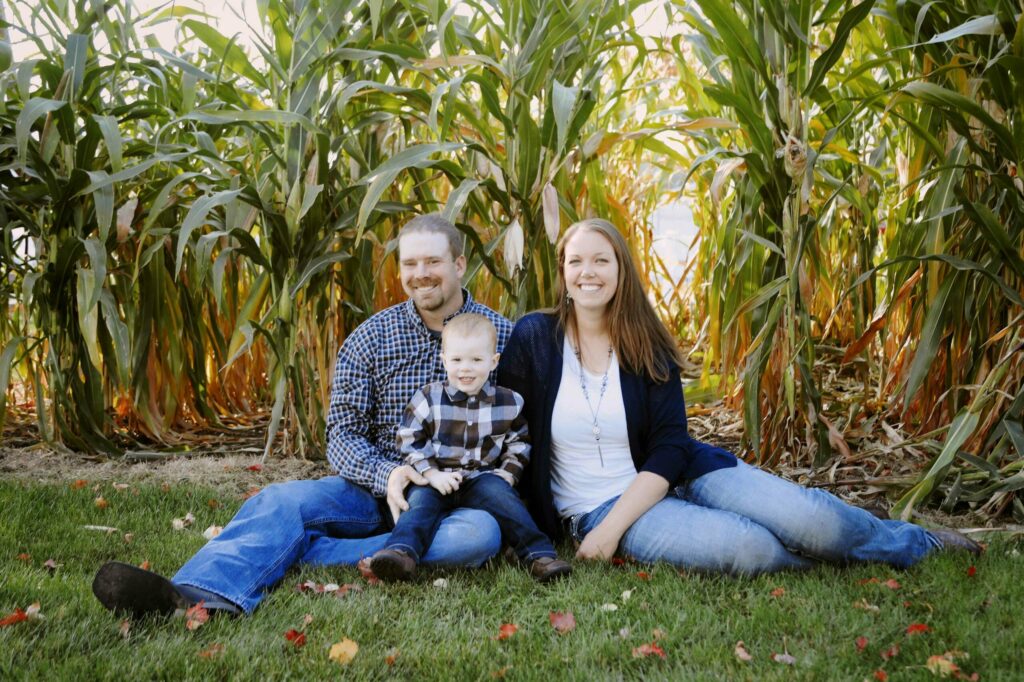
Laura, an Iowa farmer, answers common questions about animal care and livestock vaccines.
I love to take care of animals. It’s always been fun for me. When I was five years old, I started raising a small herd of calves and kept that same herd going throughout my high school and college years. It’s now become my full-time career after getting married and settling back in Northern Iowa. Today I focus on caring for cows and providing quality beef products to our amazing customers through Sky View Beef, our online beef business.
Recently when Missouri was considering legislation about farm animals treated with mRNA, I started getting questions over Facebook Messenger from customers who want to know about these vaccines, and how/if they’re used in our animals. Even though there are no mRNA vaccines available for cattle, we do vaccinate our animals. I’ve found all of these questions to be important and thoughtful. Here is a summary of my answers and perspective for you.
We absolutely vaccinate the cattle on our farm under the direction and oversight of a veterinarian. I’m never forced to vaccinate our animals. It’s our choice to do this. And we do this because it’s my job to care for our animals.
Thinking about the things my cattle would have to go through because I didn’t vaccinate them feels unjust. It’s not great for a human or an animal to struggle with horrible diseases. One part of my job with these animals is to make sure that they are comfortable. It’s my responsibility to care for them well and to provide quality meat for my customers. I want my customers to enjoy the meat from our farm confidently because of the hard work and care I pour into each animal.
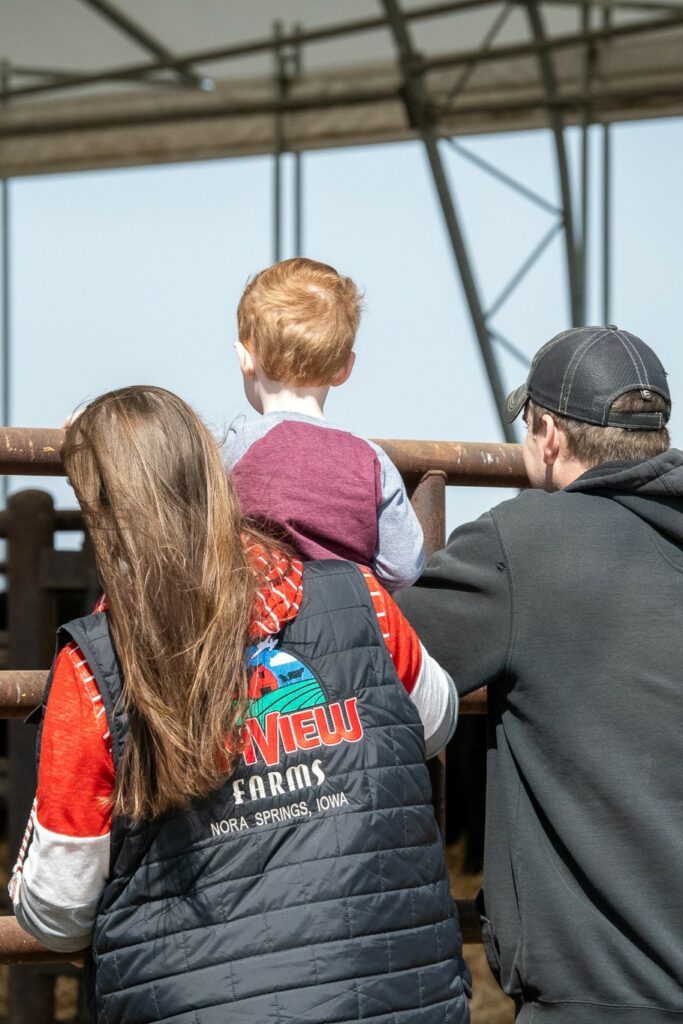
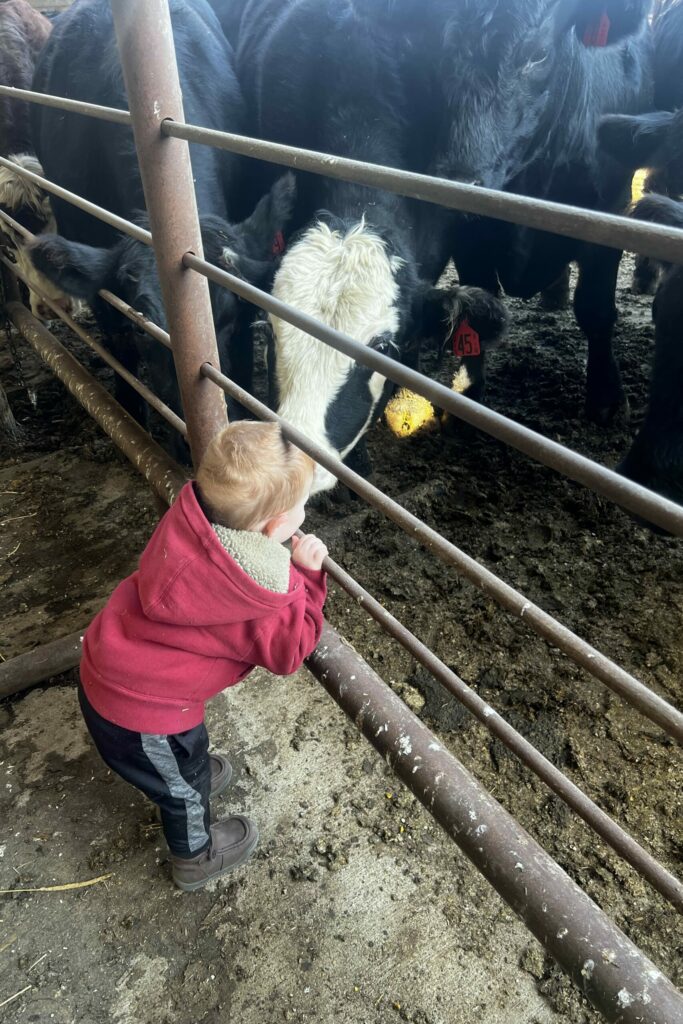
Each vaccine that exists for livestock has its own set of protocols. Most vaccines have a 30-day withdrawal period, which means that the animal which received the vaccine must stay on the farm for a minimum of 30 days after receiving it. Sometimes the withdrawal period is longer than 30 days, and there are also a few that are shorter. Overall, the withdrawal period is established in order to protect the consumer when meat from a treated animal is eaten.
There are other safeguards in place to protect the consumer as well. For example, all beef raised in the U.S. is subject to random inspections. The Food Safety and Inspection Service (FSIS) ensures that U.S. meat products are safe, wholesome and correctly labeled and packaged. They randomly test meat products for vaccine and antibiotic withdrawal periods. In the very rare case when a product tests positive for antibiotic or vaccine residues, it is removed from the food supply chain and never goes to market. It would also be terrible for the reputation and livelihood of a farmer to be caught not adhering to the regulations in place.
Right now the only mRNA vaccine available on the market is specifically for hogs. There is not an option for cattle. Like other vaccine research, I know that the research for mRNA has been around for decades. It takes years for things like animal vaccines and antibiotics to get approved, which also gives me greater confidence in the safety of these technologies. If a vaccine is released for cattle using mRNA technology in the future, I will research it and discuss it with our veterinarian. My questions would include these below, and my decision would be based on the answers and advice from the vet.
- Is it appropriate to treat our animals in our specific area/region?
- Do we need it for our particular herd? Why or why not?
- Is it safe for our animals?
- Is the meat from an animal treated with this vaccine safe for human consumption?

